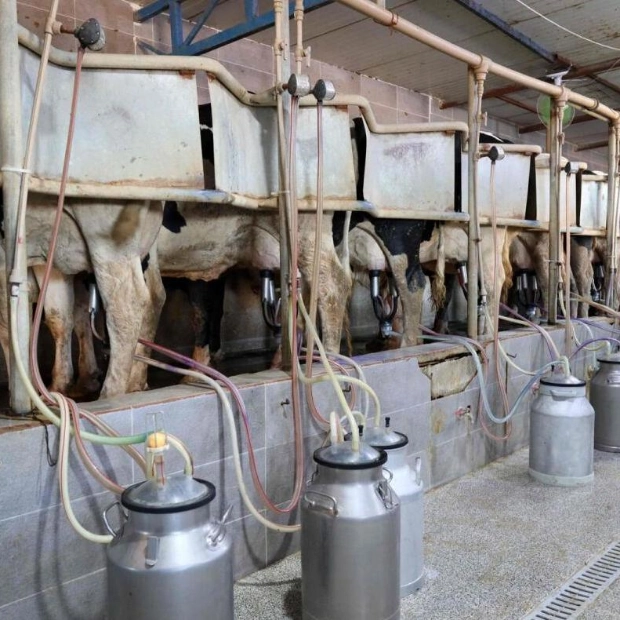This year is set to be the warmest on record globally, with exceptionally high temperatures expected to continue into the early months of 2025, according to European Union scientists. The data from the EU's Copernicus Climate Change Service (C3S) was released just two weeks after the UN climate talks resulted in a $300-billion deal aimed at addressing climate change, which was criticized by poorer nations as inadequate to cover the escalating costs of climate-related catastrophes.
C3S confirmed that data from January to November indicates 2024 will undoubtedly be the hottest year recorded, marking the first time average global temperatures have surpassed 1.5 degrees Celsius above the pre-industrial period of 1850-1900. The previous record holder was 2023. Extreme weather events have been widespread in 2024, including severe droughts in Italy and South America, fatal floods in Nepal, Sudan, and Europe, heatwaves in Mexico, Mali, and Saudi Arabia that claimed thousands of lives, and devastating cyclones in the US and the Philippines.
Scientific research has linked all these disasters to human-induced climate change. Last month was the second-warmest November on record, following November 2023. "We're still hovering near record-high global temperatures, and that's likely to persist for at least the next few months," said Copernicus climate researcher Julien Nicolas. Carbon dioxide emissions from fossil fuels are the primary driver of climate change. While many governments have committed to achieving net-zero emissions, global CO2 emissions are projected to reach a new high this year.
Scientists are also keeping an eye on whether the La Nina weather pattern, characterized by cooler ocean surface temperatures, might emerge in 2025. This could temporarily lower global temperatures, but it wouldn't reverse the long-term warming trend caused by emissions. The world is currently in neutral conditions after the El Nino event, La Nina's warmer counterpart, ended earlier this year. "Even if 2025 is slightly cooler than 2024 due to a potential La Nina event, this doesn't mean temperatures will be 'safe' or 'normal,'" said Friederike Otto, a senior lecturer at Imperial College London. "We will still face high temperatures, leading to dangerous heatwaves, droughts, wildfires, and tropical cyclones." C3S's records date back to 1940 and are cross-referenced with global temperature records from 1850.
Source link: https://www.khaleejtimes.com






